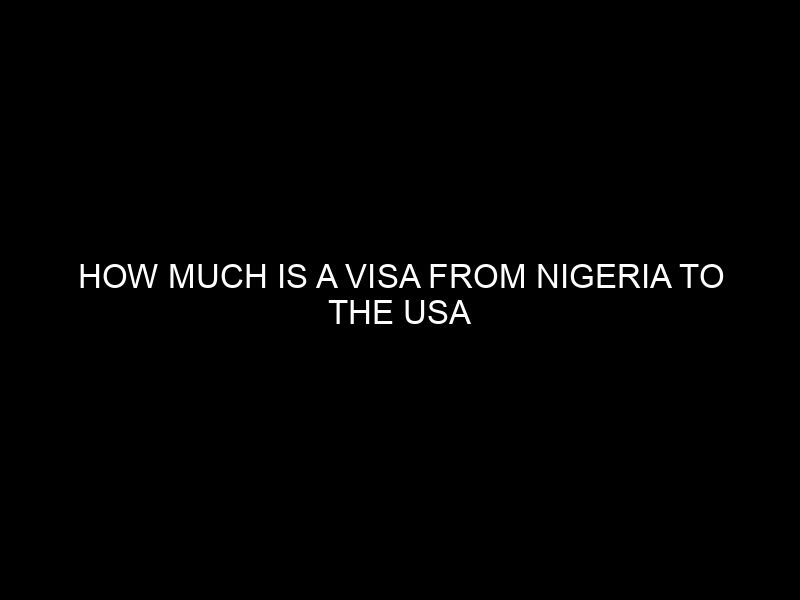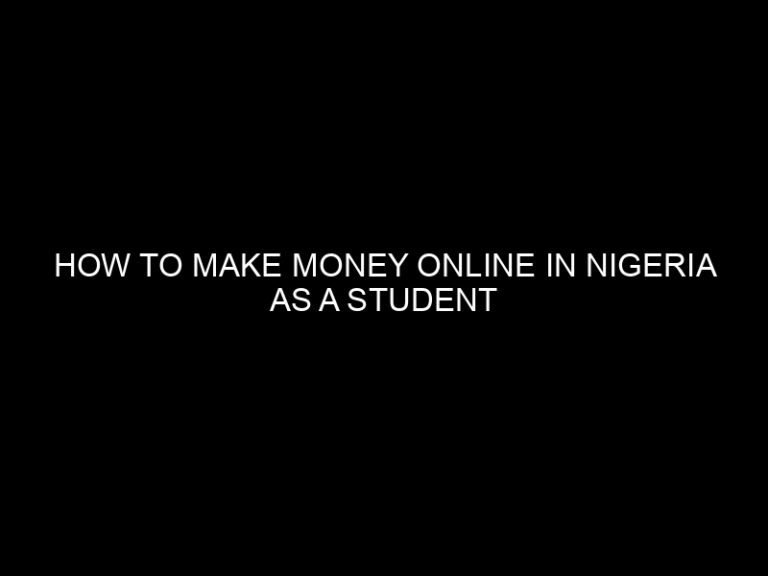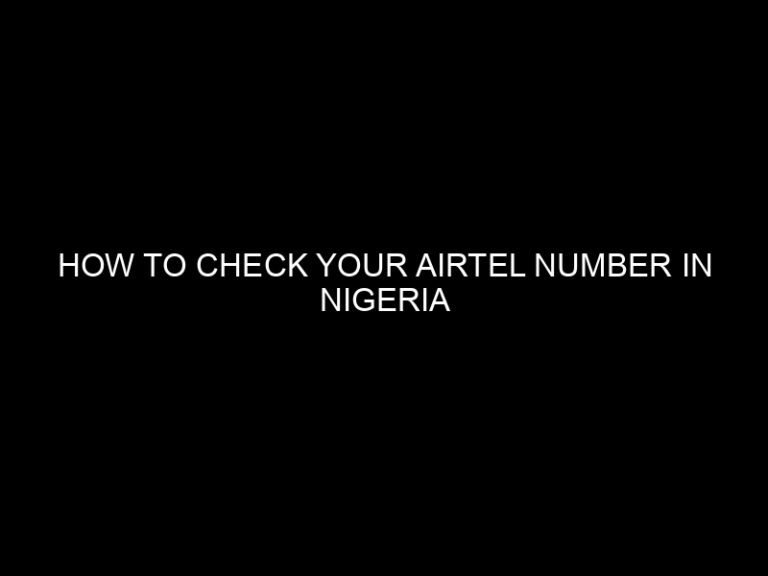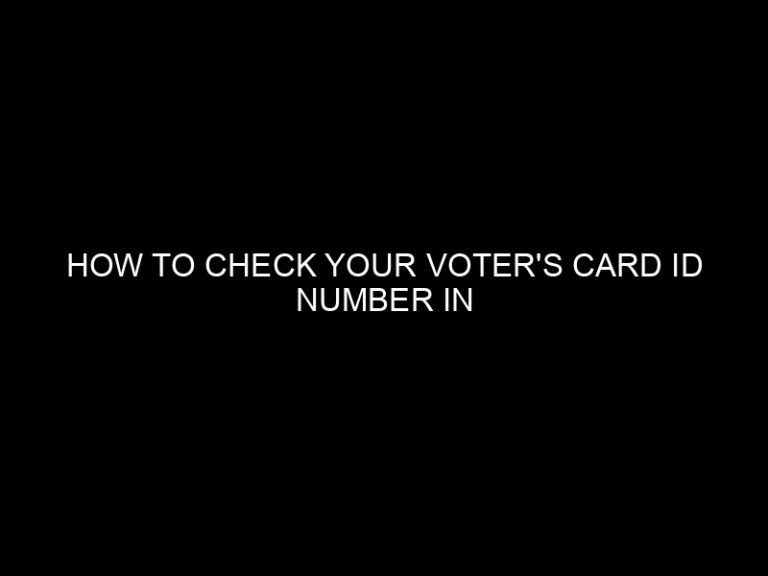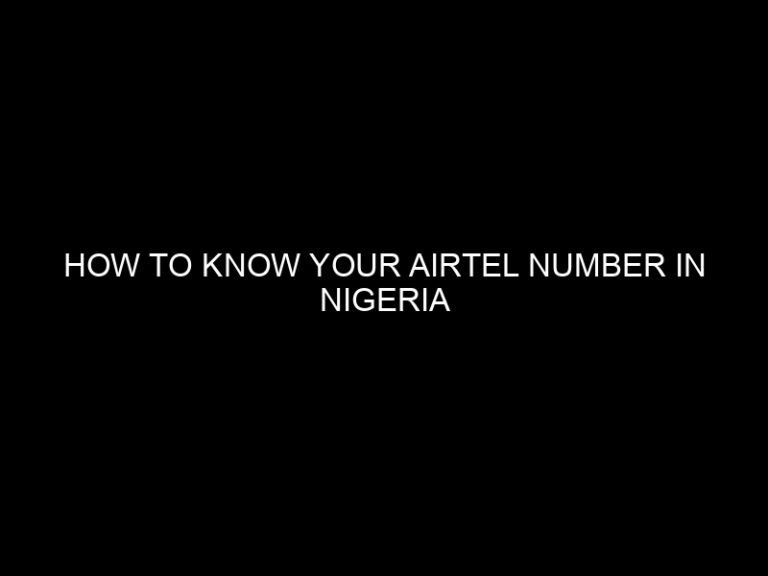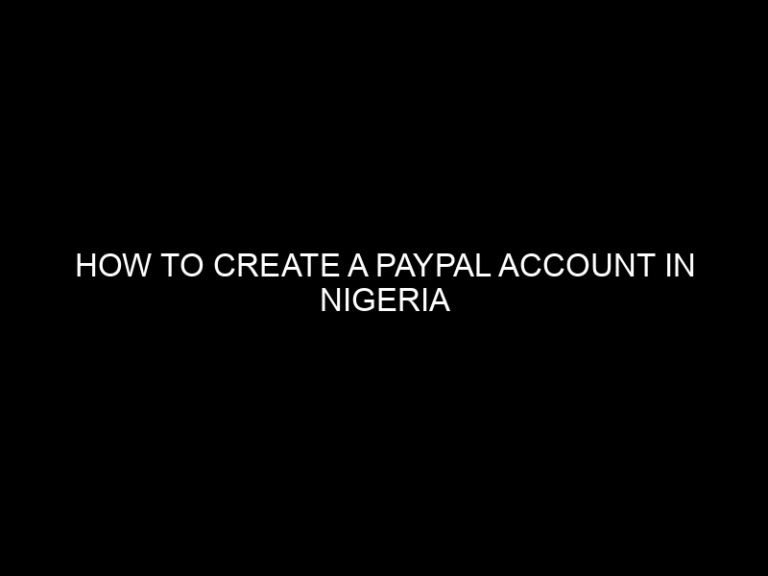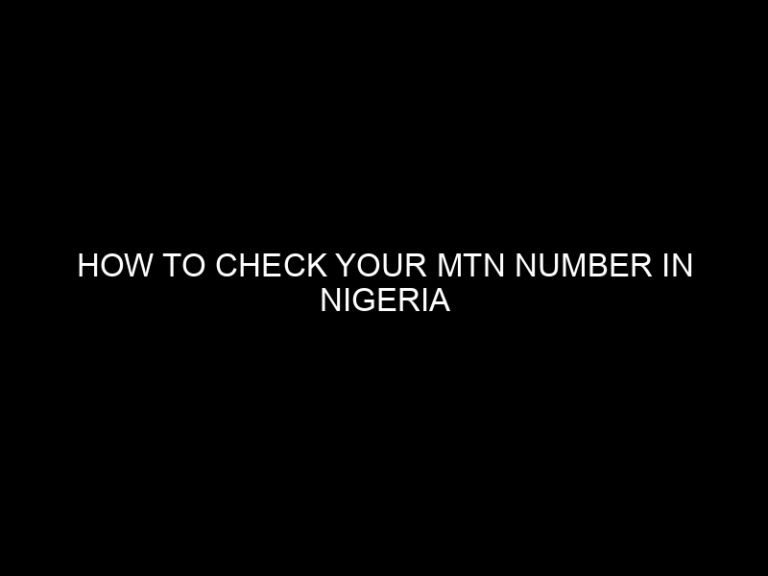How Much Is a Visa from Nigeria to the USA
Navigating the path to obtaining a visa for travel from Nigeria to the United States can seem daunting at first. With varying types of visas, each with its own purpose and cost, understanding the financial and procedural aspects of the visa application process is crucial for Nigerian applicants. This comprehensive guide aims to demystify the process, providing you with expert insights into the costs associated with securing a visa from Nigeria to the USA, backed by a strong foundation in school education principles to ensure clarity and authority in the information provided.
Understanding the US Visa Application Process for Nigerians
The journey to obtaining a US visa begins with identifying the type of visa you need. The United States offers a range of visa categories, including tourist visas (B-2), business visas (B-1), student visas (F-1, M-1), and immigrant visas, among others. Each visa category comes with its own set of requirements, processing times, and costs, tailored to the specific purpose of your visit to the United States.
The Cost of Non-immigrant Visas
For most non-immigrant visas, including the tourist and business categories, Nigerians are required to pay a non-refundable visa application fee. As of the last update, the cost for most non-immigrant visa applications is $160 (or its equivalent in Nigerian Naira). This fee is mandatory for anyone applying for a temporary visa to visit the United States for tourism, business, or other non-permanent reasons.
Student and Exchange Visitor Visas
Prospective students and exchange visitors face different costs. The F-1 and M-1 visa categories, designated for students, and the J-1 visa for exchange visitors, have an application fee of $160. Additionally, students and exchange visitors may need to pay the SEVIS (Student and Exchange Visitor Information System) fee, which is $350 for F-1 and M-1 applicants and $220 for J-1 applicants. This fee is separate from the visa application fee and is required for the maintenance of the system that tracks and monitors students and exchange visitors.
Immigrant Visas
The process and costs for immigrant visas, for those intending to move permanently to the United States, differ significantly. The fees associated with immigrant visas are higher and vary depending on the visa category. For example, the fee for an immediate relative or family preference application is $325, in addition to the required Affidavit of Support fee ($120) and the USCIS Immigrant Fee ($220), which is payable after the visa is issued and before traveling to the United States.
Additional Costs to Consider
Beyond the application fees, Nigerian applicants should also budget for potential additional costs. These can include passport photo fees, translation fees for documents not in English, travel expenses for attending the visa interview at the US Embassy or Consulate, and courier fees for document delivery.
Preparing for the Visa Interview
Preparation is key to a successful visa interview. Applicants are advised to gather all necessary documents, including a valid Nigerian passport, proof of visa fee payment, confirmation of DS-160 form submission (for non-immigrant visas), and any other documents that support the visa application, such as proof of ties to Nigeria, financial stability, and the purpose of the trip to the USA.
Frequently Asked Questions (FAQs)
Q: How long does it take to process a US visa application in Nigeria? A: Processing times can vary widely depending on the type of visa, time of year, and individual circumstances. Generally, it’s wise to apply well in advance of your planned travel date, ideally several months ahead.
Q: Can visa application fees be refunded if my application is denied? A: No, visa application fees are non-refundable, regardless of the outcome of the application.
Q: Are there any exceptions to the visa application fee? A: Certain applicants, such as diplomats and government officials traveling on official business, may be exempt from the visa application fee. Qualifying for a fee exemption typically requires meeting specific criteria and is determined on a case-by-case basis.
Q: What can I do to increase my chances of visa approval? A: Ensure that all your documentation is complete, accurate, and well-organized. Demonstrating strong ties to Nigeria, such as employment, family, or property, can also help to show that you intend to return after your visit to the USA.
Conclusion
The process of applying for a US visa from Nigeria involves understanding the various fees associated with different visa categories, preparing for additional costs, and carefully gathering all required documents. By following the guidelines outlined in this article and approaching the application process with thorough preparation, Nigerian applicants can navigate the complexities of the US visa application process more effectively. Remember, while the cost of obtaining a visa is an important consideration, ensuring the completeness and accuracy of your application is paramount to success.
